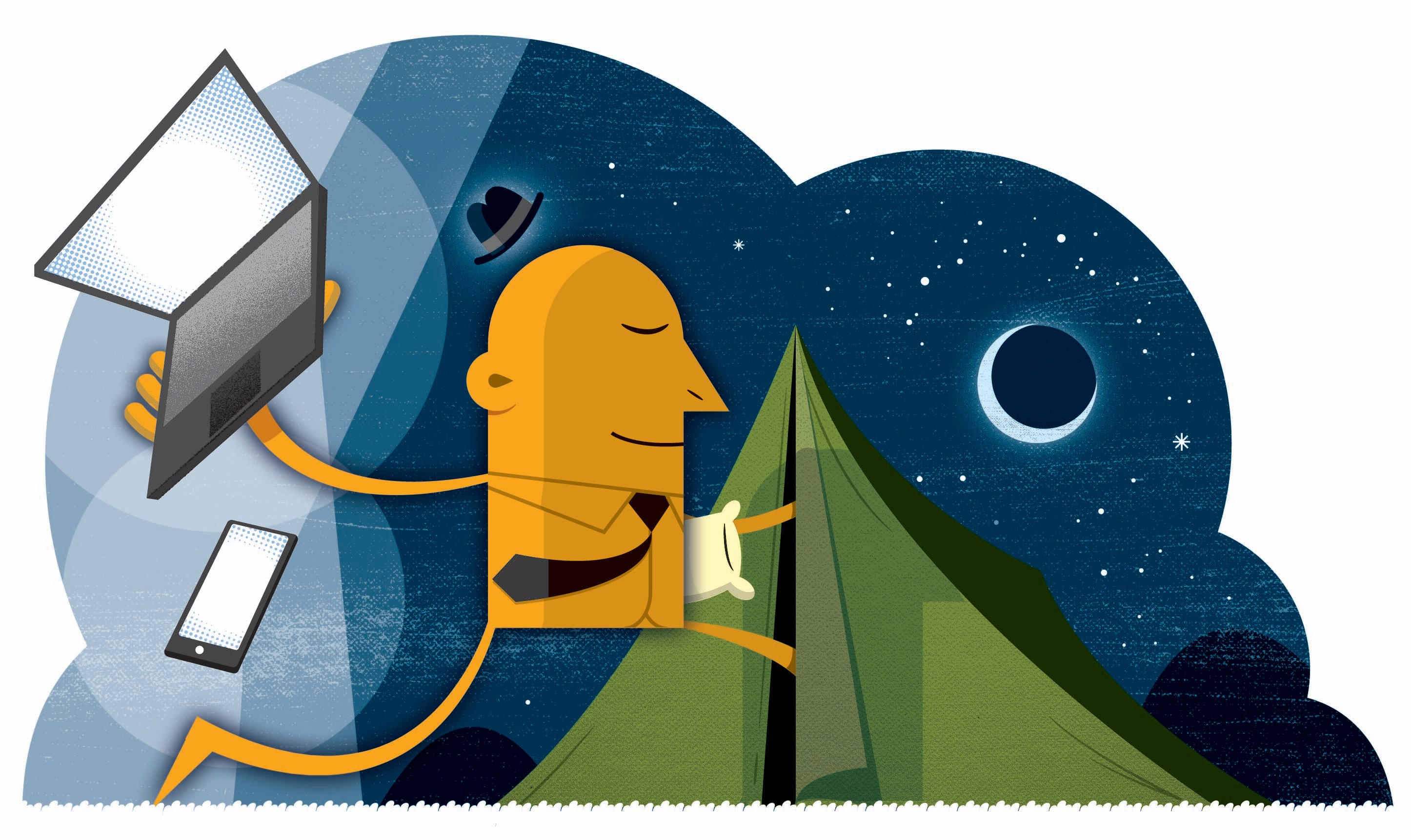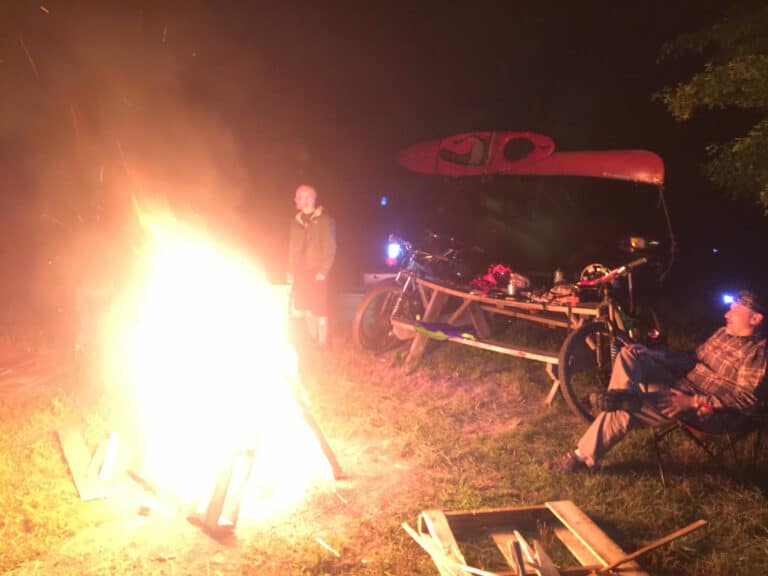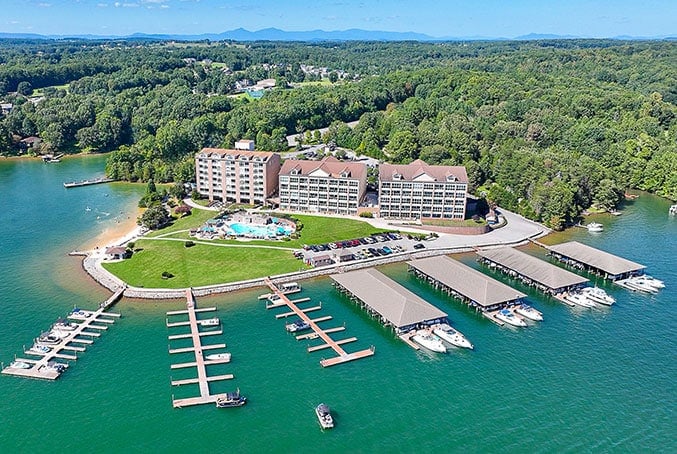Virginia Runner Sets Record at World Marathon Challenge
Back in late January, Virginia ultrarunner Michael Wardian not only won the World Marathon Challenge. He also set a world record for the incredibly tough challenge of running seven marathons on seven continents in seven days. In a week, Wardian and 30 other competitors in the field, which also included former U.S. Olympian Ryan Hall, ran marathons in Antarctica, Chile, Miami, Madrid, Morocco, Dubai, and Australia, in that order. Wardian won the event by averaging a time of 2:45 throughout the seven races, besting the previous average of 3:32 in the still-new three-year-old challenge. Wardian’s slowest time of 2:54 came in Antarctica, where runners battled below-zero temperatures. He told Sports Illustrated of the chilly first race: “I don’t like the cold but to be able to run that well and overcome those fears was empowering and set the stage of what came after.”
Amazingly, after running a marathon a day for seven days, Wardian wasn’t quite satisfied; following the last race, he ran another 16 miles to make it an even 200 for the week.
Chesapeake Bay Health Improves Slightly
A new report from the Chesapeake Bay Program (CPB) says the nation’s largest estuary is getting healthier but more needs to be done to meet long-term restoration goals. According to the January annual report, “2015-2016 Bay Barometer,” the bay has seen a reduction in pollution and growth in underwater grasses and shellfish populations, but protective wetlands still need to be restored and forest buffers need to be added for adequate recovery.
The CPB is a regional partnership that includes state and federal agencies, local governments, nonprofits and academic institutions working together to clean up the bay and its surrounding watersheds. Back in 2010, six states surrounding the bay, along with the District of Columbia, were given a 15-year timeline by President Obama to enact anti-pollution measures that would improve the bay’s health, and at the halfway mark, progress has been made. “The dead zone’s getting smaller, bay grasses are at record levels, the crab population has rebounded,” Will Baker, president of the Chesapeake Bay Foundation told the Virginia-based Daily Press. “Things are working.”
But others are warning that forest buffers need to become a priority for the bay to ultimately thrive. Don Boesch, president of the University of Maryland Center for Environmental Science, told the paper, “We won’t accomplish what we set out to do by 2025 without a significant improvement in increasing the ‘kidneys’ in the system—those parts of the systems like riparian zones and wetlands that not only trap nutrients and sediments but also provide resilience in terms of runoff and water storage.”
Trail Quote
“I attempted to create a library of black excellence along the Appalachian Trail.”
—Rahawa Haile, in an interview on the website Atlas Obscura about being one of few black women to thru-hike the A.T.
Along her 2016 hike, Haile, a writer based in Oakland, California, left books by black authors at shelters to share some of her favorite works with fellow hikers.
Camping for Better Sleep
According to a study published in Current Biology in the winter, a weekend of camping can go a long way towards offering those who suffer from poor sleep a better night’s rest. Researchers sent groups of study subjects camping in Colorado and found that just two nights of sleeping under natural darkness and waking to the sun quickly helped restless individuals restore natural circadian rhythms often disrupted by the effects of artificial light from computer screens and other devices.
Bike Share Coming to Roanoke
A new bike share program is slated to launch this month in Roanoke, Va. The local transportation agency Ride Solutions announced back in February that initially 50 bikes would be placed at different stations throughout the mid-size southwest Virginia city, already known for a bounty of recreation options. According to a February story in the Roanoke Times, the agency is soliciting feedback on the program’s fee structure through a public survey, and the launch is being kickstarted through a $90,000 fundraising effort.
While bike shares have become more common in metropolitan cities like Washington, D.C., and Chicago, they’re just starting to gain traction in smaller municipalities. A Massachusetts-based company, Zagster, is helping Roanoke institute its bike program after working with other small cities, including Albuquerque, New Mexico and Gainesville, Florida.
A Record Float
In late January nearly 2,000 people joined hands and set a new world record for unassisted human floating. The 1,941 participants set the Guinness-certified record in the waters of Lake Epecuen in Buenos Aires, Argentina, floating hand in hand for 30 seconds and thereby besting a previous record set by 634 floaters in Sun Moon Lake, Taiwan, in 2014. Epecuen is a saltwater lake, so the buoyancy offered by the heavy salt content in the water certainly helped make history.








